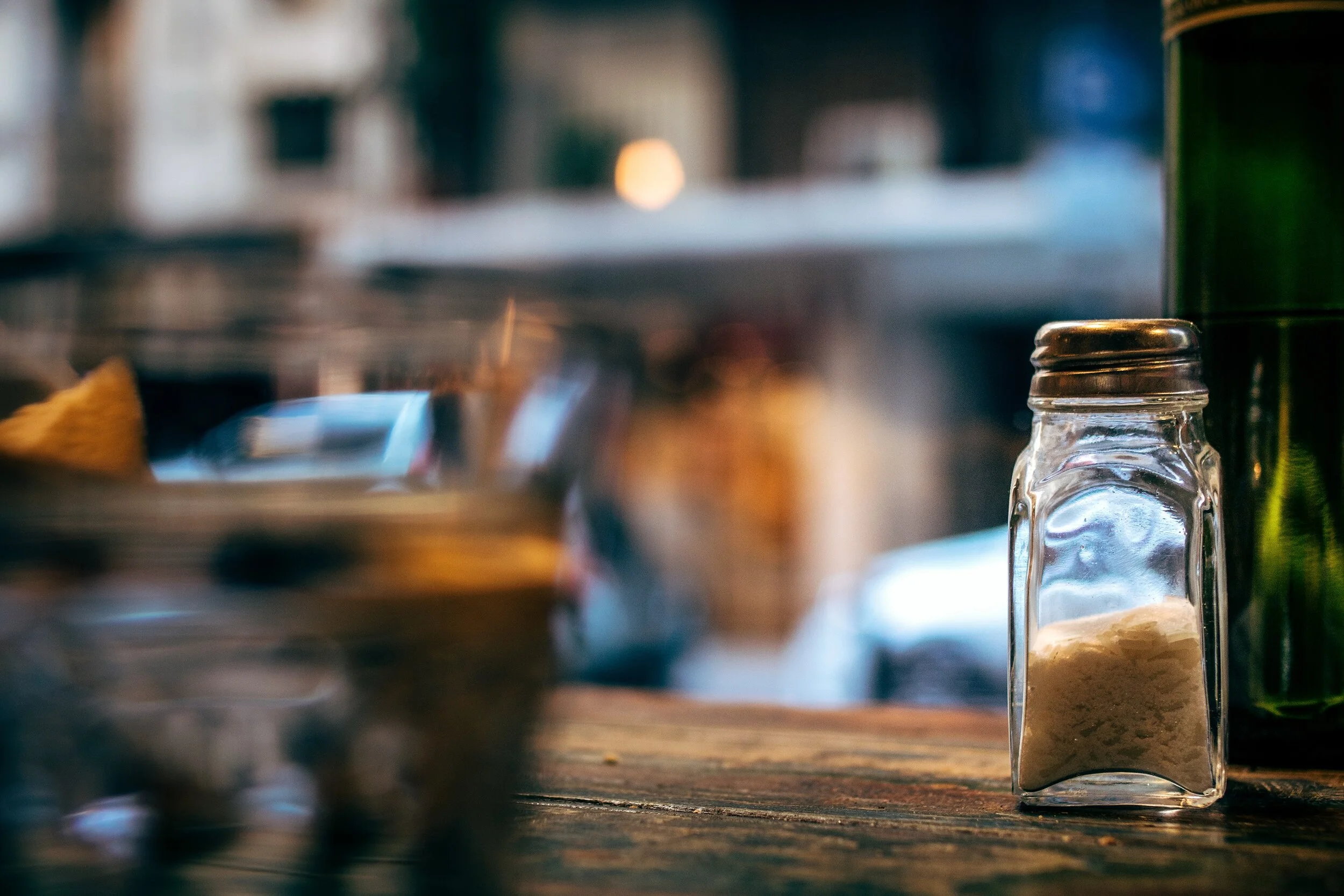Panic Attacks:
I vividly remember my first panic attack. I was driving to Vegas with my best friend, and we were somewhere between hell and high water when it happened- the unexplainable shaky, clammy hands, the sweating, the choking feeling- after five minutes I felt like I wanted to jump out of the window. I thought I was having a heart attack. The feeling seemed to come out of no where! Then, suddenly, the uncomfortable feelings stopped. “What on earth was that?”, I wondered, using perhaps saltier language.
Panic attacks. They’re miserable. And they’re also one of the biggest reasons people seek my help as a hypnotherapist. Panic attacks (and anxiety in a more general sense) can leave you feeling scared of when and where they’ll happen again; they can be terribly embarrassing if they occur in public; and they can lead to self-limiting behaviors, like avoiding driving on freeways, going to certain social events, or staying away from places or situations for fear that a panic attack will happen there again.
What exactly are panic attacks? The symptoms are clear enough: Heart palpitations, sweating, a shortness of breath/a choking sensation, chest tightness, nausea, feeling dizzy or lightheaded, the chills, etc. They usually last anywhere from 5-20 minutes, although most people who have had a panic attack can tell you those minutes feel like hours. Panic attacks, by definition, are a collection of physical symptoms that trigger the panic response in us (that is, the fight/flight mechanism). For example: A feeling of shortness of breath and a rapid heartbeat leads to a sense of panic, and the sense of panic leads to a feeling of a shortness of breath and a rapid heartbeat and on and on, creating a vicious cycle. It’s important to remember, however, that the physical symptoms come first, then the panic follows, and not the other way around.
You may be asking, “What triggers the fight/flight response if you’re not in a situation that causes anxiety in the first place?” Because, strangely enough, fight/flight is often triggered by things other than a threatening/anxiety provoking situation, such as a sudden drop in blood sugar, over-exertion, low grade stress accumulated over time, or hyper-vigilance about bodily occurrences, all of which result in an increase of adrenaline, leading to the fight/flight response.
Hypnotherapy can not only help prevent future panic attacks, it’s one of the most effective and safe treatments available. During hypnosis, your mind is particularly open and receptive to positive change, such as suggestions for increased calm and relaxation, feelings of being in control of oneself, and reminders to breathe slowly, deeply, and rhythmically. Post-hypnotic suggestions (suggestions given during hypnosis that will be acted out during the waking state) will trigger a more helpful response should a panic attack happen again. Overall, hypnosis acclimates your body and mind to feelings of calm and serenity, reducing the frequency and duration of future panic attacks.
If you struggle with panic attacks, you DON’T have to live with it anymore. You can feel free, confident, and in control again! I used hypnotherapy to help with my panic attacks, and I can excitedly say I haven’t had one in three years.
If you’d like help making panic attacks a thing of the past, or getting over other challenges you’re dealing with, please visit my website atwww.westsidehypnosisassociates.com or email me at simone@westsidehypnosisassociates.com. We can get through this together.
Love and Light,
Simone
Simone Gordon, C.Ht.



